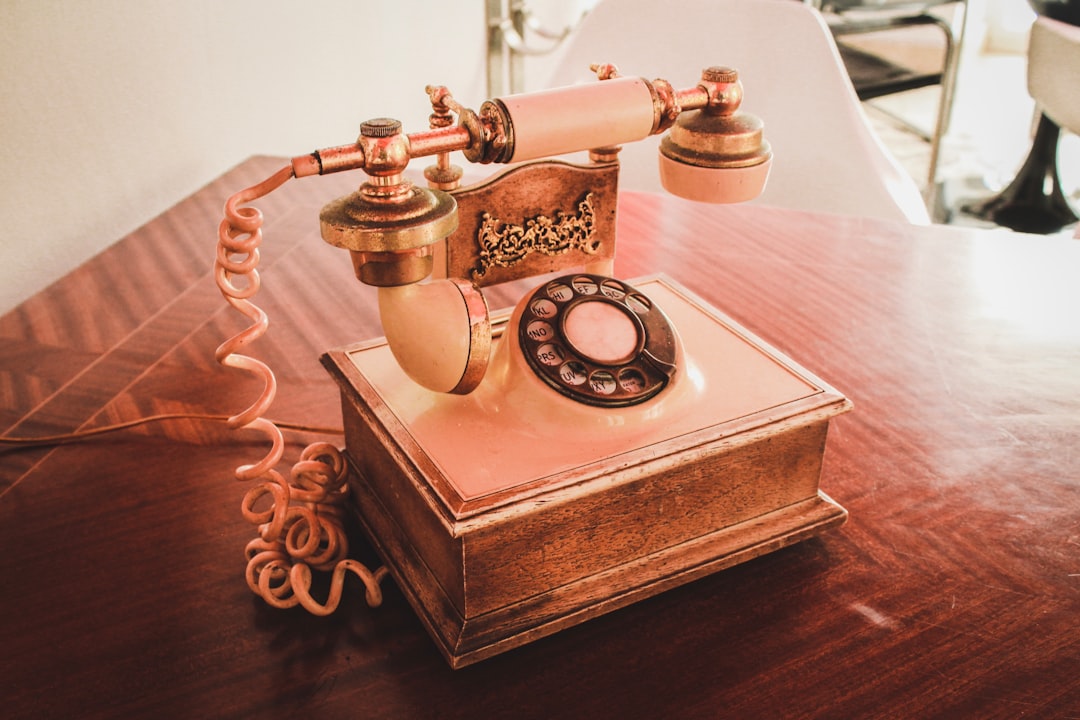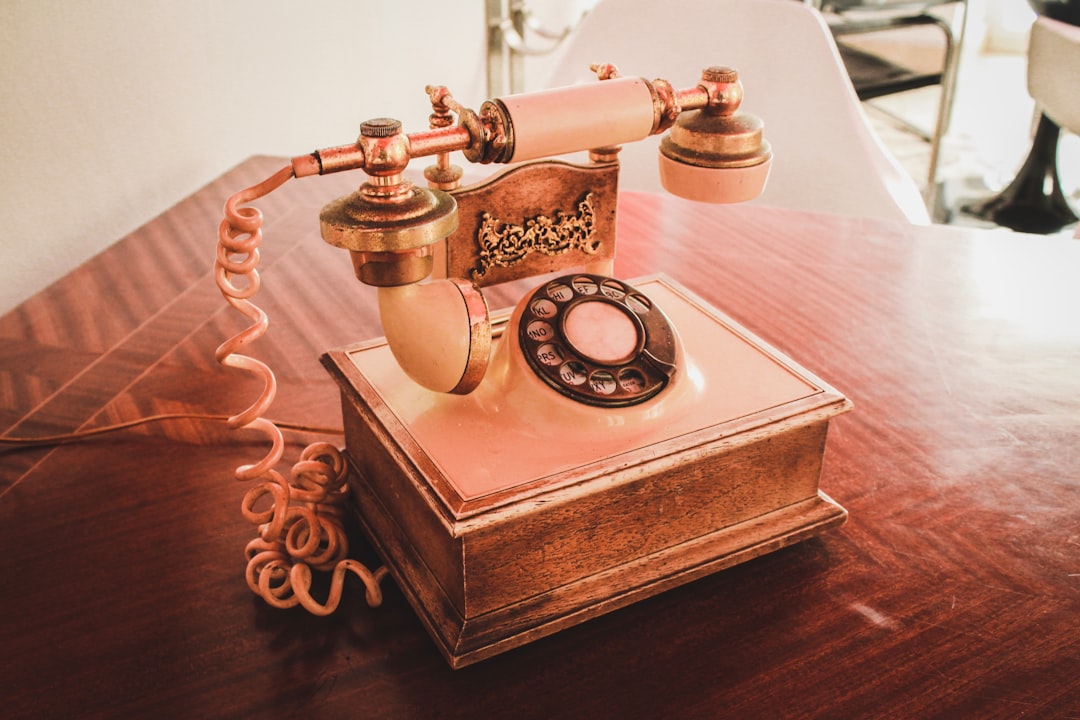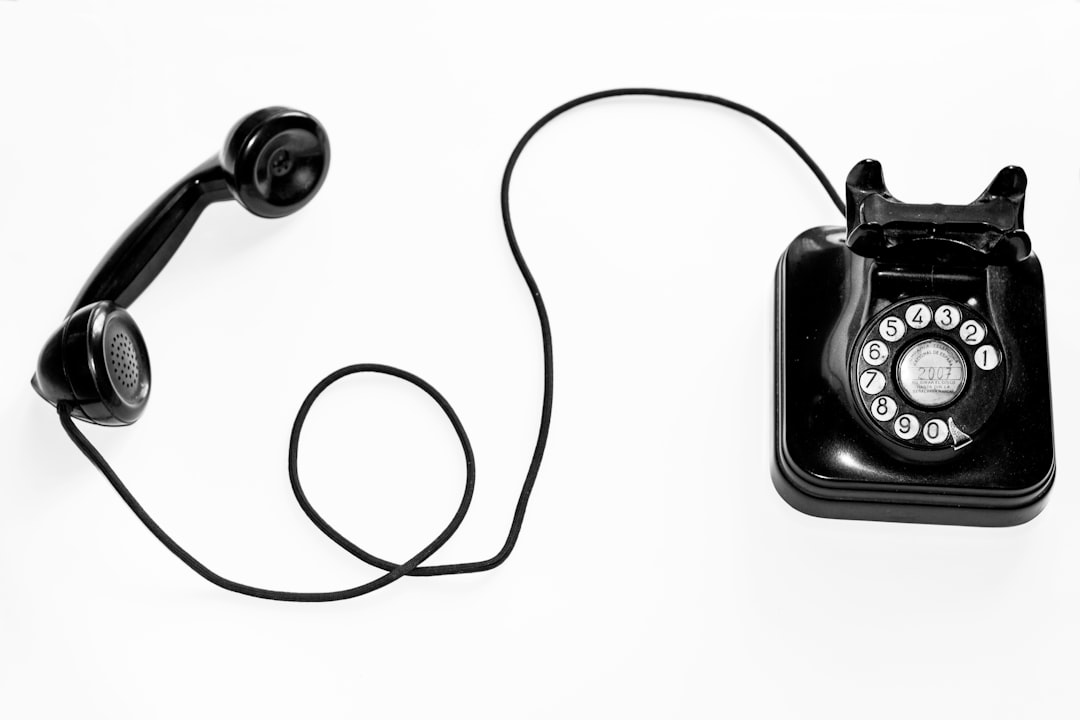Spam calls, or robocalls, are a growing concern in Minnesota, affecting youth mental health and social lives. With high phone usage rates, the state's residents, especially young ones, face relentless automated promotions. To combat this, individuals can take measures like registering on Do Not Call lists, using call-blocking apps, or seeking legal advice from reputable Spam Call law firms in Minnesota specializing in TCPA cases. Understanding the Telephone Consumer Protection Act (TCPA) is key to protecting privacy and creating a safer communication environment in Minnesota.
In the digital age, spam calls have become a persistent nuisance, particularly affecting Minnesota’s youth. This article delves into the pervasive issue of unsolicited phone marketing and its profound impact on young individuals. We explore the psychological and social consequences, shedding light on the challenges faced by Minnesota residents, especially teens. Furthermore, we navigate the state’s legal frameworks, including TCPA regulations, and offer practical strategies to combat spam calls, empowering Minnesotans to reclaim their communication channels. Discover how a Spam Call law firm in Minnesota can assist with legal avenues and provide much-needed relief from these intrusive messages.
Understanding Spam Calls and Their Prevalence in Minnesota

Spam calls, also known as robocalls, are automated telephone communications that often promote products or services and can be a significant nuisance for Minnesotans, especially the state’s youth. These calls have become increasingly prevalent due to advancements in technology, allowing scammers and telemarketers to easily target individuals across the country. In Minnesota, with its large population and high phone usage rates, the issue is particularly prominent.
Many residents, especially younger ones, are left frustrated and vulnerable as these unwanted calls can disrupt daily life and even pose potential risks. Understanding how to stop spam calls in Minnesota is essential for protecting one’s privacy and peace of mind. Individuals can take several steps, such as registering on Do Not Call lists, using call-blocking apps, or seeking legal advice from a reputable Spam Call law firm Minnesota or lawyer specializing in TCPA (Telecommunications Consumer Protection Act) cases. These measures can help reduce the number of unsolicited calls received, providing a safer and less cluttered communication environment for Minnesotans.
The Impact on Youth: Psychological and Social Effects

Spam calls have become a pervasive and distressing issue for many Minnesota residents, particularly its youth. The constant inundation of unsolicited phone calls can take a significant toll on young people’s mental health and overall well-being. The psychological effects include increased stress, anxiety, and even depression, as the relentless nature of these calls can make individuals feel trapped and helpless. Many teens and young adults may feel a sense of violation or loss of privacy, especially when the calls involve personal or sensitive information.
Socially, spam calls disrupt daily life and normal communication patterns. They can interrupt schoolwork, sleep, and social interactions, leading to decreased productivity and engagement in extracurricular activities. Youth may also experience embarrassment or shame when answering unknown numbers, which can further isolate them from their peers. Moreover, the fear of missing important calls from friends, family, or emergency services due to spam calls can create a constant state of vigilance, impacting their overall quality of life. Legal avenues, such as consulting with a TCPA (Telecommunications Consumer Protection Act) lawyer in Minnesota, offer a way to combat these issues and protect the rights of individuals, ensuring that youth can enjoy a more peaceful and secure communication environment.
Legal Frameworks and Current Spam Call Laws in Minnesota

In Minnesota, the fight against spam calls is regulated by state and federal laws designed to protect consumers from unwanted telephone marketing practices. The Telephone Consumer Protection Act (TCPA) at the federal level forms the backbone of these regulations, prohibiting businesses from making automated or prerecorded phone calls to individuals without their prior consent. At the state level, Minnesota has its own legislation that complements the TCPA, further emphasizing the rights of residents to be free from intrusive and nuisance calls.
To stop spam calls in Minnesota, individuals can take several steps. Engaging a spam call law firm or hiring spam call lawyers specialized in TCPA cases is one effective method. These legal professionals can help navigate the complexities of the law and guide affected residents on how to file complaints against offending parties. Additionally, using tools that block or filter such calls can provide immediate relief while ensuring compliance with local spam call laws, making Minnesota a safer digital environment for its youth.
Effective Strategies to Stop and Reduce Spam Calls for Minnesota Residents, especially Youth

In Minnesota, just like in many other states, spam calls can be a significant nuisance, particularly for young residents who are often more heavily targeted. To combat this issue, several effective strategies have emerged to stop and reduce spam calls. One of the most crucial steps is educating yourself about the Telephone Consumer Protection Act (TCPA), which has stringent rules regarding telemarketing practices. Many spam call law firms in Minnesota specialize in TCPA cases, offering legal assistance to help residents protect their rights.
Technological solutions are also proving effective. Installing approved call blockers or using apps designed to filter out spam calls can significantly reduce the number of unwanted interactions. Additionally, registering on Do Not Call lists maintained by the state and federal governments is a simple yet powerful step. Encouraging peers and community members to adopt similar measures can create a collective defense against these intrusive calls, ensuring a quieter and safer communication environment for Minnesota’s youth.






